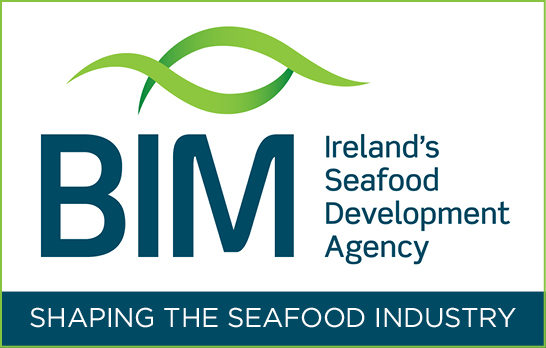The fishing and seafood industry has welcomed the Irish Marine Minister’s call to the EU to address the “detrimental impact of Brexit on Irish fishermen in particular.”
“In particular, we welcome comments made by Minister Charlie McConalogue on the need to protect the EU’s mackerel quota from threats by non-EU countries,” said Aodh O Donnell, chief executive of the Irish Fish Producers Organisation (IFPO). “What we need now is affirmative action to prevent the collapse of our seafood sector and promote its growth instead.”
“Ireland took the hardest hit when EU quotas were transferred to the UK post-Brexit. We agree with the Minister that this new reality has not been addressed by the EU. It must be addressed as a matter of urgency during negotiations for 2024 quotas. We echo the Minister’s call for the EU to analyse the impact of quota transfers and to develop a comprehensive strategy for quota deals with non-EU countries.”
“Non-EU Coastal States have been abusing the passive position of the EU. For example, Norway’s quota to fish blue whiting in the Irish EEZ is over 5 times the size of Ireland’s. Irish vessels are tied to the pier whilst our Northern Atlantic neighbours are hard pressed to catch their enormous quotas.
This type of quota arrangement is unjust and should never have been agreed.”
Brendan Byrne, chief executive of the Irish Fish Processors and Exporters Association (IFPEA) said Europe needs to “realise Ireland is going to take no more of being walked over. We have suffered enough and paid far too high a price for too long.”
He said the position adopted by Ireland at this weeks Fisheries Council was “an important first step in dealing with the legacy of the Brexit fallout. More importantly it also provides an opportunity to deal with the ongoing arrangements with third (non-EU) countries.”
“The IFPO and IFPEA were to the fore in highlighting the gross unfairness of the bilateral arrangement with Norway in terms of access to the Irish EEZ. There is nothing equitable about the massive volume of blue whiting the Norwegian industry is allowed to catch.”
Aodh O ‘Donnell said 2023 will without doubt be the worst year for the Irish fishing industry. “We anticipate a major drop off in the volume of landings and loss of income from both the catching and processing sectors.
Brendan Byrne added that the processing sector is set to record its worst year in history. “I anticipate that turnover in most processing plants will drop in 2023 by 20-25%. This follows an already drastic drop last year, when the volumes of production fell by 12% on average.”
“The true impacts of the Brexit Trade and Co-operation Agreement (TCA) have now been realised and the reality is the viability of the entire Irish fishing industry is in jeopardy. Furthermore, we are approaching a point where the lifespan of the current TCA is ending and grave concerns exist as to what is to happen next.”
“Ireland has contributed 40% of the overall cost of the TCA, so we have lost 25% of the true value of our quotas/TAC’s. At the same time, our fishing grounds are the waters that sustain the entire EU fishing industry either directly or indirectly.”
Aodh O ‘Domhnaill said the EU can no longer be permitted “to trade access to Irish fishing grounds as a commodity that benefits other EU and non-EU members while not materially benefiting Ireland. The EU needs to realise that the decisions reached at Brexit are destroying the future of the Irish fishing industry. Unless action is taken massive job losses will result in our coastal communities.
“All we request is a level playing field within the Common Fisheries policy and a fair access to our own fishing grounds. We deserve to be respected as members of the EU, and no third country should get a greater right to our fishing grounds than we ourselves are granted. The time for action is now – time to end inequitable and unsustainable quotas and give Ireland’s fishing industry what it needs to grow, not perish.”


Recent Comments